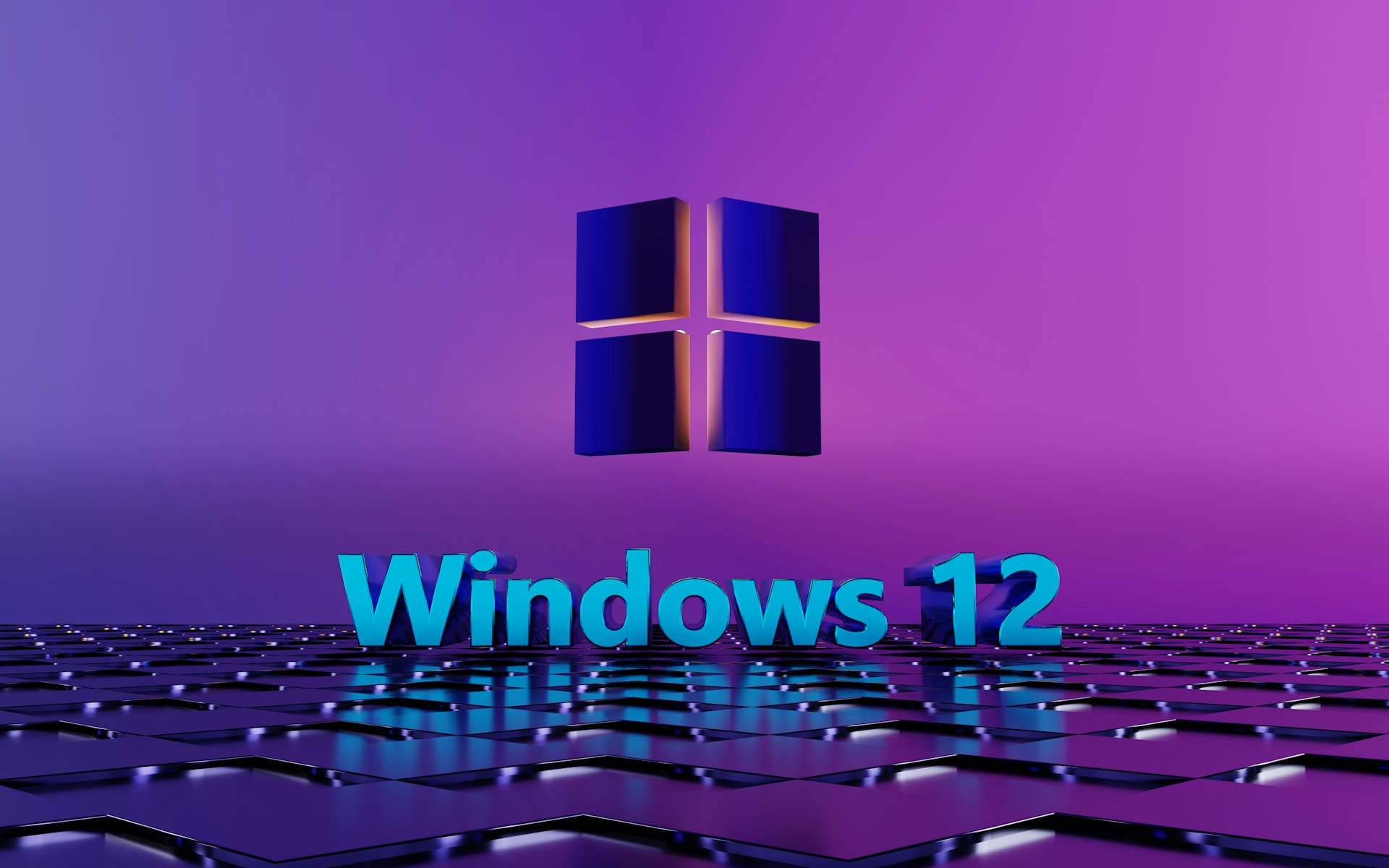Unlocking Value: How Play-to-Earn Blockchain Gaming Transforms Digital Play Into Real Rewards

Photo by Rodeo Project Management Software on Unsplash
Introduction: The Rise of Play-to-Earn Blockchain Gaming
In recent years, the gaming industry has witnessed a groundbreaking shift with the emergence of play-to-earn (P2E) blockchain gaming . This innovative model blends entertainment with real economic rewards, allowing players to earn cryptocurrency and digital assets simply by participating in games. Unlike traditional video games, where earned items or currency remain locked within a closed system, play-to-earn games give players true ownership over in-game assets, which can be traded or sold for real-world value [1] [2] . This article explores the core principles of play-to-earn gaming, how to get started, the opportunities and challenges, and practical pathways for accessing its benefits.
How Play-to-Earn Blockchain Gaming Works
The play-to-earn model leverages blockchain technology to enable secure, transparent, and decentralized gaming experiences. At its core, blockchain gaming platforms use technologies such as Ethereum, Solana, or BNB Chain to create digital environments where assets and currencies are managed on distributed ledgers [1] . Here’s how it typically works:
- Players complete tasks, win battles, or progress through game levels to earn cryptocurrencies or non-fungible tokens (NFTs) [2] [3] .
- These digital rewards can be traded, sold, or held as investments, often outside the game’s ecosystem.
- Blockchain ensures transparency of asset ownership, making it possible for players to verify rarity and transferability of their items.
For example, in Axie Infinity , all in-game creatures known as Axies are NFTs. Players earn tokens by battling, breeding, or trading Axies, and these tokens can be converted into real-world currency through verified cryptocurrency exchanges [1] [3] .
Key Benefits of Play-to-Earn Blockchain Gaming
The P2E model offers several distinct advantages for both players and developers:
- True Ownership: In-game assets belong to players as NFTs or tokens, enabling control over resale and transfer [2] .
- Real-World Value: Rewards earned in-game can be exchanged for fiat currency, providing actual income opportunities [1] .
- Decentralized Economies: Blockchain games often feature community-driven marketplaces, reducing the control publishers have over assets and gameplay.
- Expanded Earning Opportunities: Games like Decentraland allow users to generate passive income by renting out virtual land, while others reward skill-based achievements [3] .
These benefits have attracted a global audience seeking both entertainment and additional income streams, especially in regions where traditional economic opportunities may be limited.
Real-World Examples and Case Studies
Several blockchain-based games have become pioneers in the play-to-earn movement:
- Axie Infinity: Players breed, collect, and battle NFT creatures to earn AXS and SLP tokens. Many have reported earning meaningful income, especially during peak market periods [1] .
- Decentraland: Users buy virtual land as NFTs, create experiences, and monetize them through events or rentals [3] .
- My Neighbor Alice: Players earn ALICE tokens by participating in events and trading in-game assets [4] .
These games demonstrate how blockchain gaming can create vibrant economies where players are compensated for their time and creativity.
Getting Started: Step-by-Step Guidance
If you are interested in joining the play-to-earn ecosystem, follow these steps:
- Research Games: Start by exploring reputable play-to-earn games with active communities and transparent development teams. Search for terms like “top play-to-earn blockchain games” on trusted gaming news platforms or blockchain-focused sites.
- Set Up a Digital Wallet: Create a crypto wallet compatible with the game’s blockchain (such as MetaMask for Ethereum-based games). Follow official wallet provider instructions for setup and securing your private keys.
- Acquire Initial Assets: Many games require you to purchase starter NFTs or tokens. Only use official game marketplaces or well-known NFT exchanges for transactions. Never share your wallet credentials.
- Understand Game Rules: Review game documentation and community forums to understand how rewards are earned, withdrawal processes, and any associated fees.
- Start Playing: Engage in gameplay, complete objectives, and participate in the in-game economy. Be cautious of speculative hype and potential scams.
- Withdraw or Trade Rewards: Use verified cryptocurrency exchanges to convert in-game tokens to other cryptocurrencies or fiat money. For guidance, consult official exchange support pages or community tutorials.
If you are unsure about the legitimacy of a game or exchange, search for user reviews, check for regulatory compliance, and consult community forums for feedback from experienced players.
Challenges and Considerations
While play-to-earn gaming offers substantial opportunities, it is important to be aware of potential challenges:
- Volatility: The value of cryptocurrencies and NFTs can fluctuate rapidly, affecting the real-world value of earned rewards [5] .
- Regulatory Uncertainty: The legal status of play-to-earn income may vary by country, and some jurisdictions may impose taxes or restrictions.
- Entry Costs: Some games require significant upfront investments in NFTs or tokens, which may not be recoverable if the game’s popularity declines.
- Risk of Scams: The popularity of blockchain gaming has attracted fraudulent projects. Always verify the authenticity of games and exchanges before investing.
- Technical Complexity: New users may find blockchain wallet setup and asset management challenging. Seek instructional guides and community support when needed.
Alternative Approaches and Evolving Trends
Not all blockchain games require large investments. Some platforms offer free-to-play options with earning potential, though rewards may be smaller or take longer to accumulate. Others are experimenting with models that reward players for contributing to game development or community moderation.
The play-to-earn ecosystem continues to evolve, with new games and platforms launching regularly. Stay informed by following blockchain gaming news, reading whitepapers, and joining online communities where updates and opportunities are discussed.
How to Find and Access Play-to-Earn Opportunities
To identify reputable play-to-earn games and avoid scams, consider these strategies:
- Check official gaming forums, reputable blockchain news sites, and established NFT marketplaces for lists of verified games.
- Search for game titles alongside terms like “official website”, “community”, and “reviews” to ensure you use authentic sources.
- Contact game communities through official Discord servers, Reddit groups, or Telegram channels for advice and support from experienced players.
- Review official documentation for each game to understand earning mechanisms, withdrawal processes, and potential fees.
If you cannot find a game’s official site through a simple web search, it is best to avoid sharing personal or financial information. When in doubt, ask for guidance in public blockchain gaming communities or consult with industry experts.
Key Takeaways for New Players
Play-to-earn blockchain gaming empowers players to transform their in-game achievements into tangible rewards. By following best practices for research, security, and community engagement, you can safely explore this exciting digital frontier. Remember to:

Photo by rc.xyz NFT gallery on Unsplash
- Verify all game and exchange platforms before investing time or money.
- Understand the economic risks and legal considerations in your area.
- Use official community channels and trusted resources for support and information.
- Continue learning as the industry evolves to maximize your opportunities and minimize potential pitfalls.
References
- [1] Kraken (2023). What are play-to-earn crypto games?
- [2] Kanga Exchange (2023). What is Play-to-Earn (P2E) and how does it work?
- [3] Ledger Academy (2023). NFT Gaming and Play-to-Earn Explained.
- [4] Hedera (2023). Crypto Gaming: A Q&A on How It Works.
- [5] Udonis Blog (2023). Play-to-Earn Games 101: How Do They Work?
MORE FROM findsun.net













